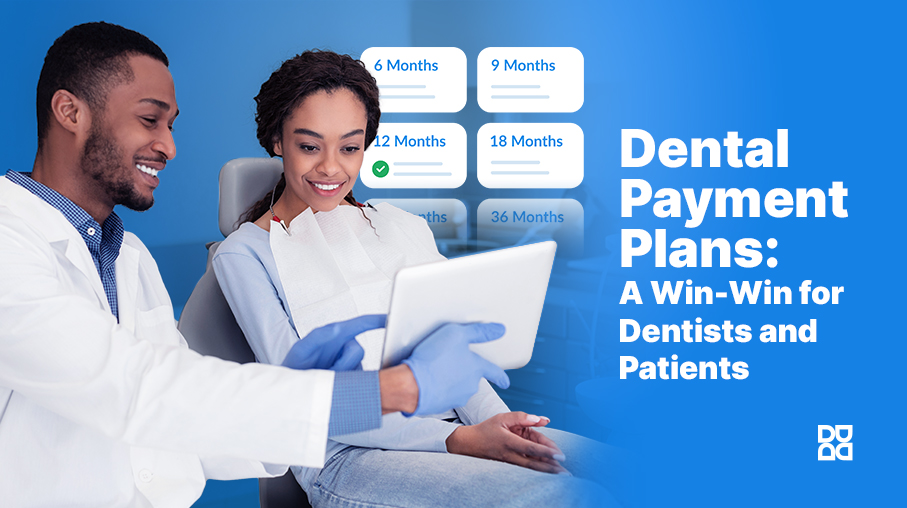
Understanding Implant Costs
Dive into the factors that affect the costs of dental implants and how you can manage expenses effectively.
- Comprehensive cost breakdowns
- Budget-friendly strategies
- Insurance navigation tips
- Financing options overview
Dental implants payment plans provide an opportunity for patients to receive top-quality dental care without the burden of upfront costs, instead opting for manageable monthly payments.
Dental implants represent a significant investment in oral health and confidence, but the substantial upfront costs can often deter patients from pursuing this transformative treatment. Dental implants payment plans address this financial barrier by allowing patients to spread costs over manageable monthly installments rather than paying the entire amount at once. These flexible financing arrangements have become essential tools for modern dentistry, enabling both patients and dental practices to benefit from improved accessibility and financial planning. Understanding the various payment options available is crucial for anyone considering dental implant treatment.
A dental implants payment plan is a financial arrangement that splits the total cost of implant treatment into smaller, manageable installments paid over time. Rather than requiring patients to pay the complete cost upfront, these plans allow individuals to schedule payments according to their financial capacity. The total cost of dental implants is unique to each patient, based on factors including the number of implants needed, preparatory procedures like bone grafting, and the complexity of the individual's dental situation.
Payment plans offer substantial advantages that make dental care more accessible to a broader patient population. The primary benefit is affordability, as these plans break down implant costs into manageable monthly payments, allowing patients to budget more effectively without compromising on quality care.
The landscape of dental financing is evolving to make treatments like dental implants more accessible to patients who may struggle with upfront payments.
Flexible payment solutions, including third-party financing and in-house options, are revolutionizing how patients approach necessary dental procedures.

The mechanics of dental implant payment plans are straightforward and designed to provide flexibility. Patients can choose plans that fit their budget, with common structures including short-term options offering 0% interest if the full amount is paid within a specific period (such as 10 or 12 months), and longer-term options allowing smaller payments over extended periods (such as 60 months) with interest applied.
Monthly payments are structured to be automatically deducted from a patient's bank account, simplifying the payment process and helping with expense tracking. This automated approach ensures consistent, predictable payments that integrate seamlessly into monthly financial planning.
Third-party financing companies have become prominent players in dental financing, offering specialized credit products designed specifically for healthcare expenses. These financing partners work with dental practices to provide patients with flexible terms and competitive rates.
Many dental practices offer in-house payment plans directly through their practice, creating a more personalized and flexible approach to financing. This option is particularly attractive because patients work directly with the same dental team they already know and trust, rather than dealing with external financing companies.
While not exclusively mentioned as a primary method in the search results, personal loans represent another avenue for funding dental implants. These loans provide fixed terms and predictable monthly payments, allowing patients to borrow funds upfront and repay them over a set period.
Health Savings Accounts (HSAs) and Flexible Spending Accounts (FSAs) provide tax-advantaged methods for covering implant costs. These accounts allow employees to set aside pre-tax dollars specifically for qualified medical and dental expenses, effectively reducing taxable income while paying for necessary dental treatment.
Dental insurance plays a limited but sometimes helpful role in covering implant costs. Most dental insurance policies focus primarily on preventative care, leaving patients to pay for implants largely out of pocket. However, some insurance plans do cover portions of implant treatment, such as crowns or tooth extractions associated with the implant procedure, which can help reduce overall expenses. Patients should clarify their insurance benefits with their dental team early in the planning process to understand exactly what coverage is available and what out-of-pocket costs they can expect.
Dental implants payment plans represent a practical and transformative solution for making high-quality dental restoration accessible to patients who might otherwise be unable to afford treatment due to upfront costs. By offering flexibility through monthly installments, interest-free options, and extended repayment terms, these plans remove significant financial barriers to essential dental care.
The various payment options available—including third-party financing, in-house plans, healthcare credit cards, and tax-advantaged accounts—allow patients to select arrangements that best fit their individual financial situations and preferences. Understanding these options enables patients to prioritize their oral health without excessive strain on their budgets, ultimately improving access to dental care and helping patients achieve the confident smiles they desire. Dental professionals and patients alike benefit from these flexible financing arrangements, creating a mutually beneficial relationship that enhances both patient satisfaction and overall oral health outcomes.
We collaborate with prestigious organizations to ensure you receive the best dental care and financing options available.





Dive into the factors that affect the costs of dental implants and how you can manage expenses effectively.

Learn about different dental financing plans and how to select the one that suits your needs best.
Exciting new interest-free dental payment options have been announced, aimed at providing affordable solutions for comprehensive oral care.
Discover how HSAs and FSAs can help you save on dental procedures by leveraging tax advantages and reducing overall treatment costs.
Get answers to the most common questions about dental loans, including how they work and tips for securing the best rates.